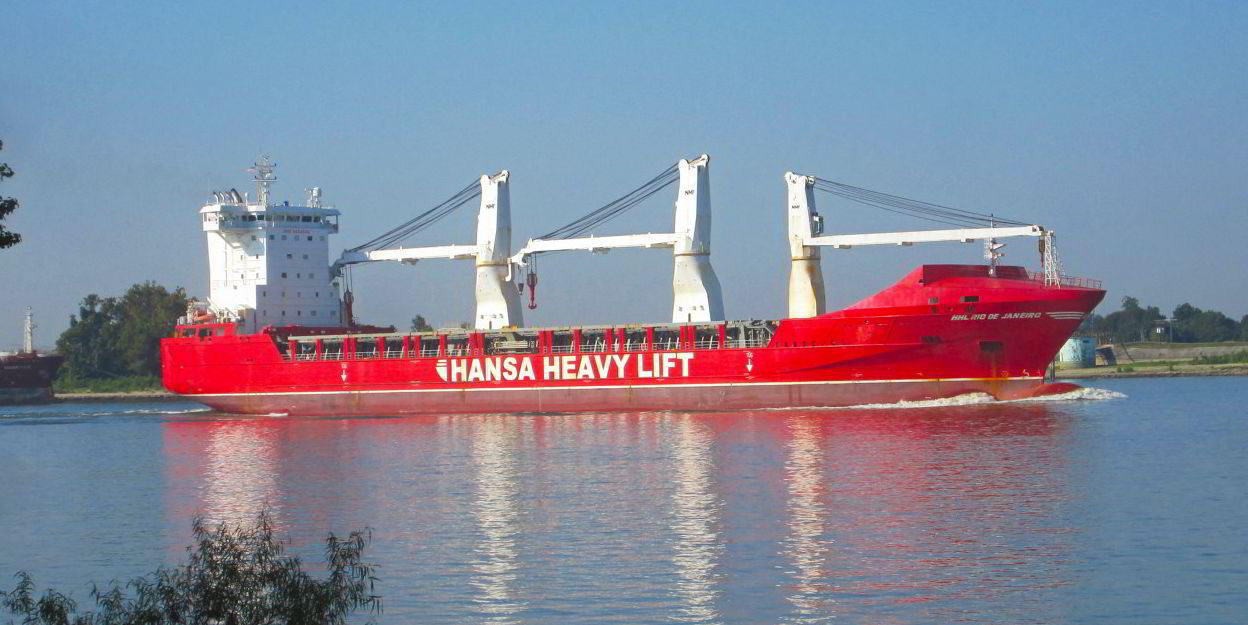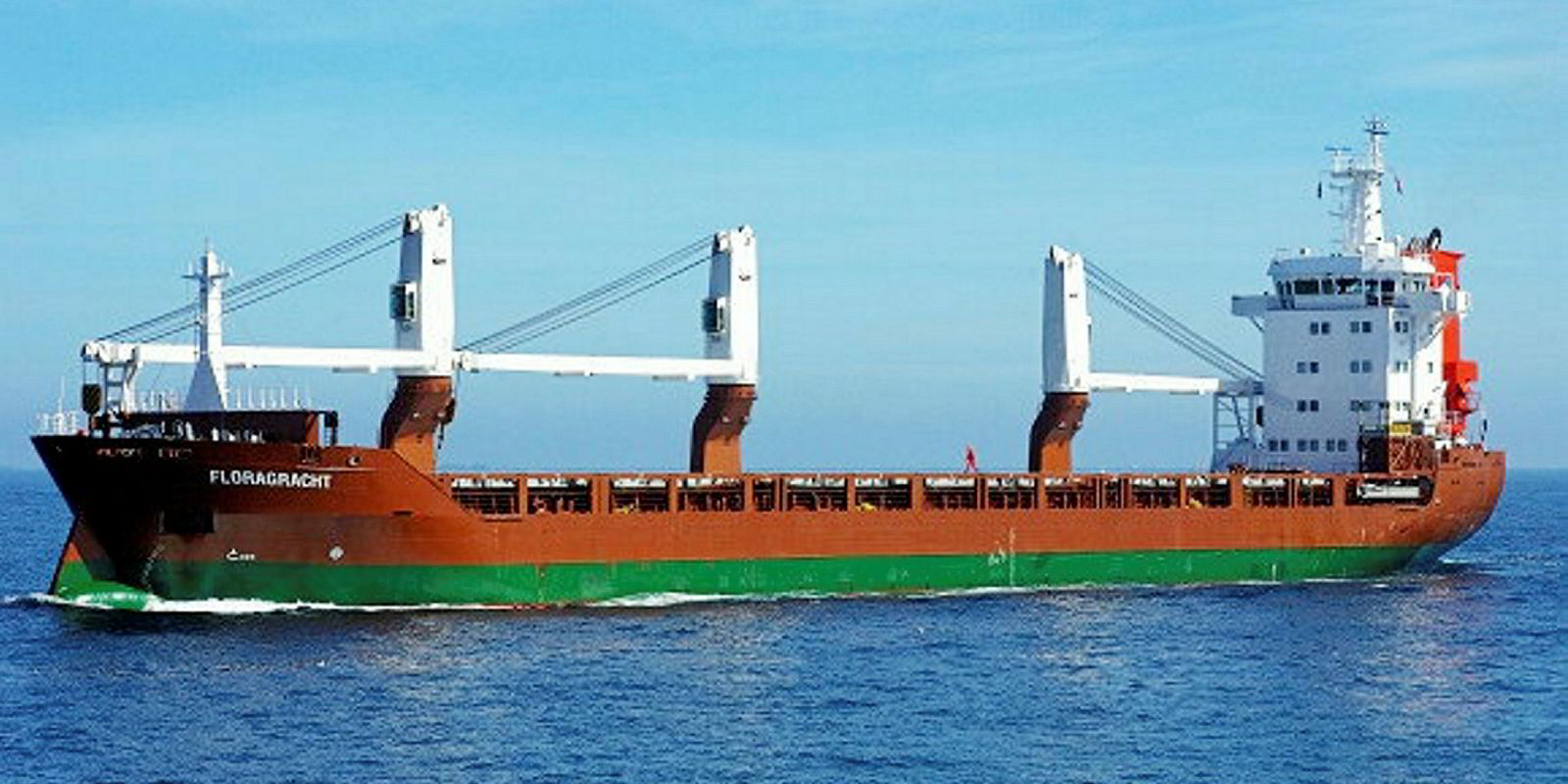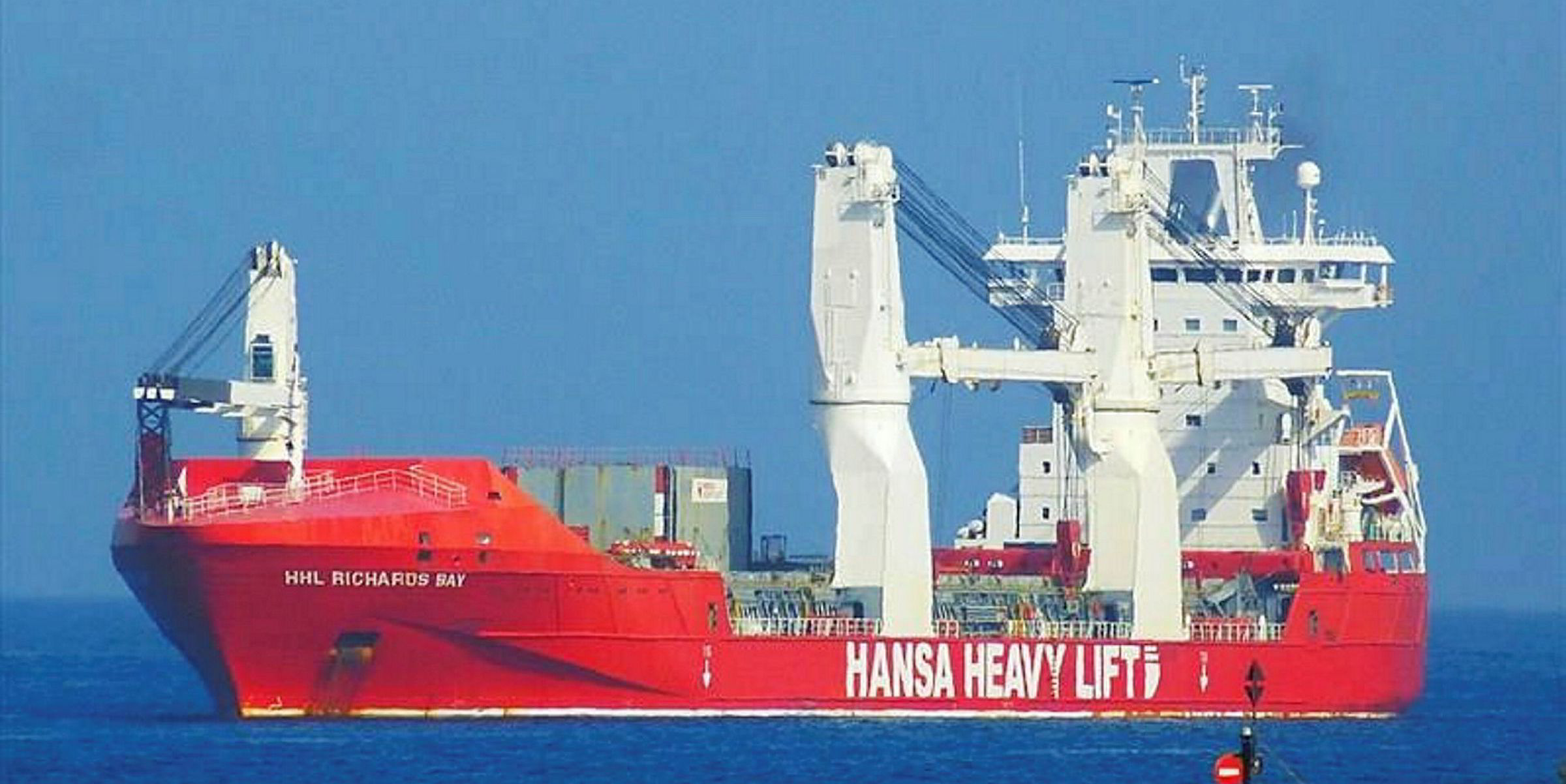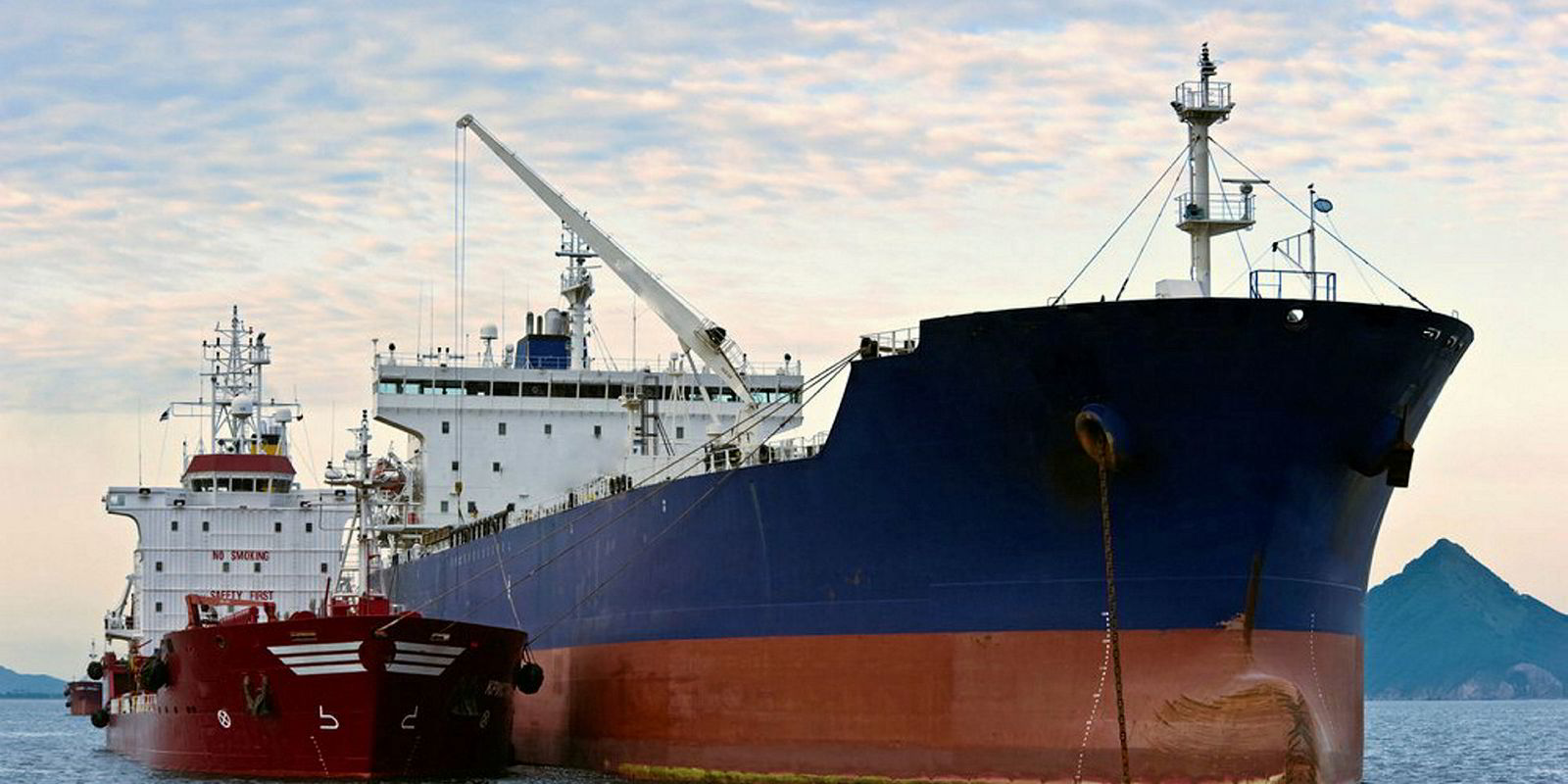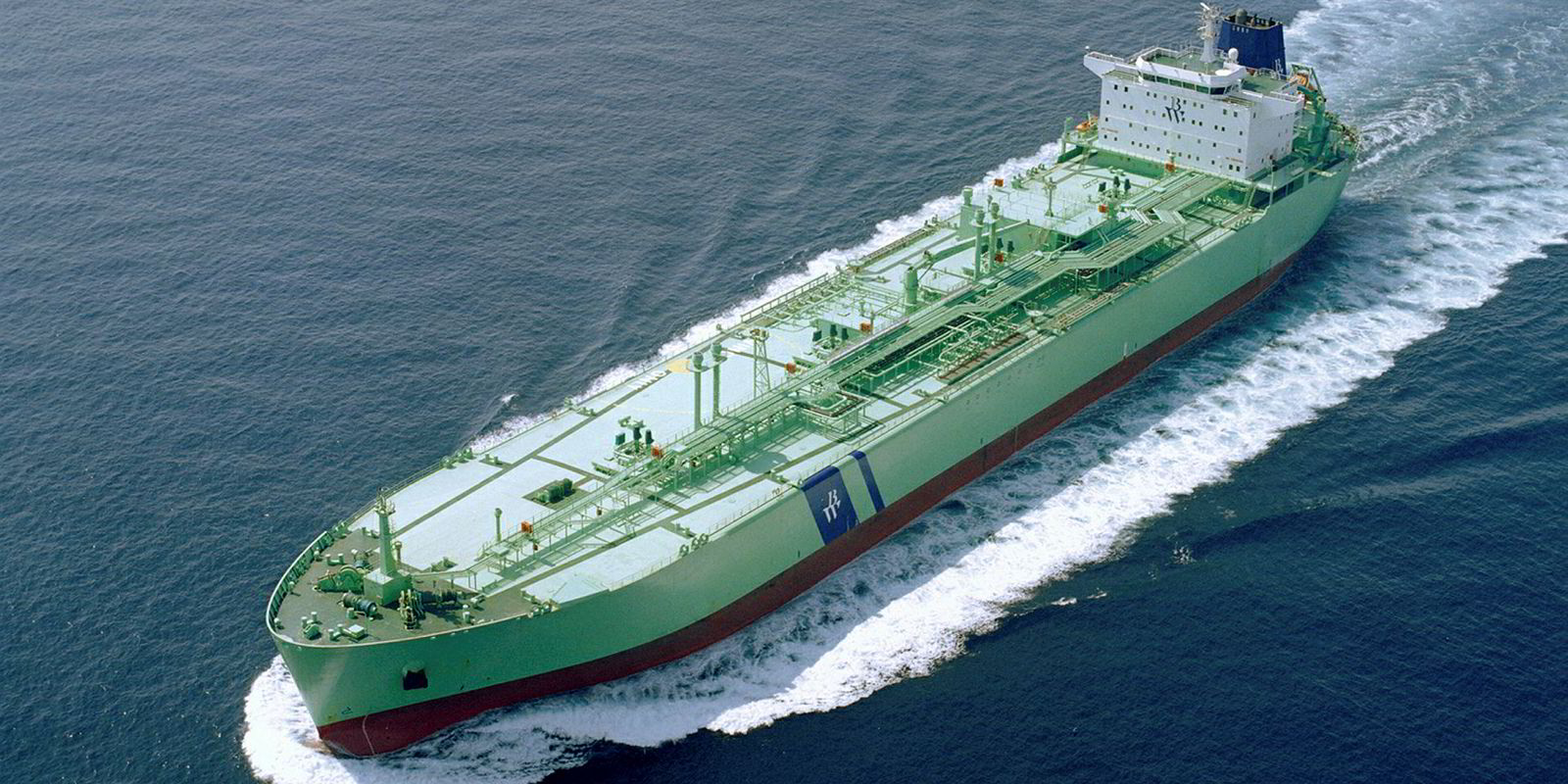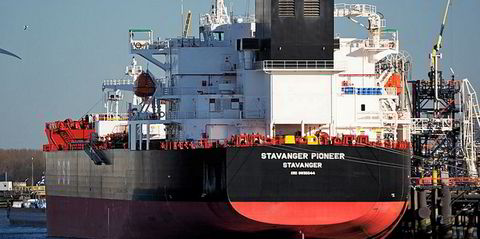World Fuel Services (WFS) is appealing against a US court decision in its $1.46m arrest action against a Spliethoff Group ship.
Amsterdam-based Spliethoff — the winner of a summary judgment in the Southern District of Florida federal court — believes the bunkerer is deliberately ignoring the results of a judicial sale that should have left its 20,170-dwt heavylift multipurpose ship Parkgracht (built 2009) free and clear of debts.
Spliethoff acquired the vessel in May 2019 in a Malta court sale after an arrest by mortgage holder Nord/LB. The vessel was arrested again by WFS in Florida in October that year and released after Spliethoff provided a letter of undertaking.
Litigation proceeded until September this year, when district judge Ursula Ungaro threw out the WFS lawsuit, finding that the claim had no basis in law.
WFS has appealed against the summary judgment to the 11th Circuit appeals court.
'That’s why we are fighting'
Spliethoff believes WFS’ litigation shows the aggressive post-OW Bunker attitude of bunkerers towards their accounts.
“That’s why we are fighting,” said Spliethoff legal director Michiel Starmans. “There was a clean sale in Malta. We were supposed to be completely protected. But this is the movie we are living in now. You are being faced with this attitude from suppliers.”
At issue is the last $1.46m of a $15m fleet fuel bill that WFS let a defunct customer, Hansa Heavy Lift (HHL), run up before HHL entered insolvency proceedings in December 2018.
WFS was HHL’s exclusive fuel provider before it went down, and the bunkerer recovered $10m to $12m of the $15m bill through a series of ship arrests. But it did not arrest the Parkgracht.
Email records in the US court case show WFS scrambling at that time to deal with the impending default of a big account.
‘Left holding a screaming baby’
“Hello from my new employers,” wrote WFS’ newly hired global head of credit and risk, William Bathurst, to valuations expert John Gower of Singapore’s Avalon Shipbrokers. Bathurst had just joined WFS from Peninsula Petroleum.
“To say I have had a baptism of fire is an [understatement]. I have been left holding the baby which is screaming and not been changed for several years! As well known in the wider market, I assumed a heavy exposure to Hansa Heavy Lift who are now in major trouble.”
Gower reported back with a valuation of $10.2m of the ship.
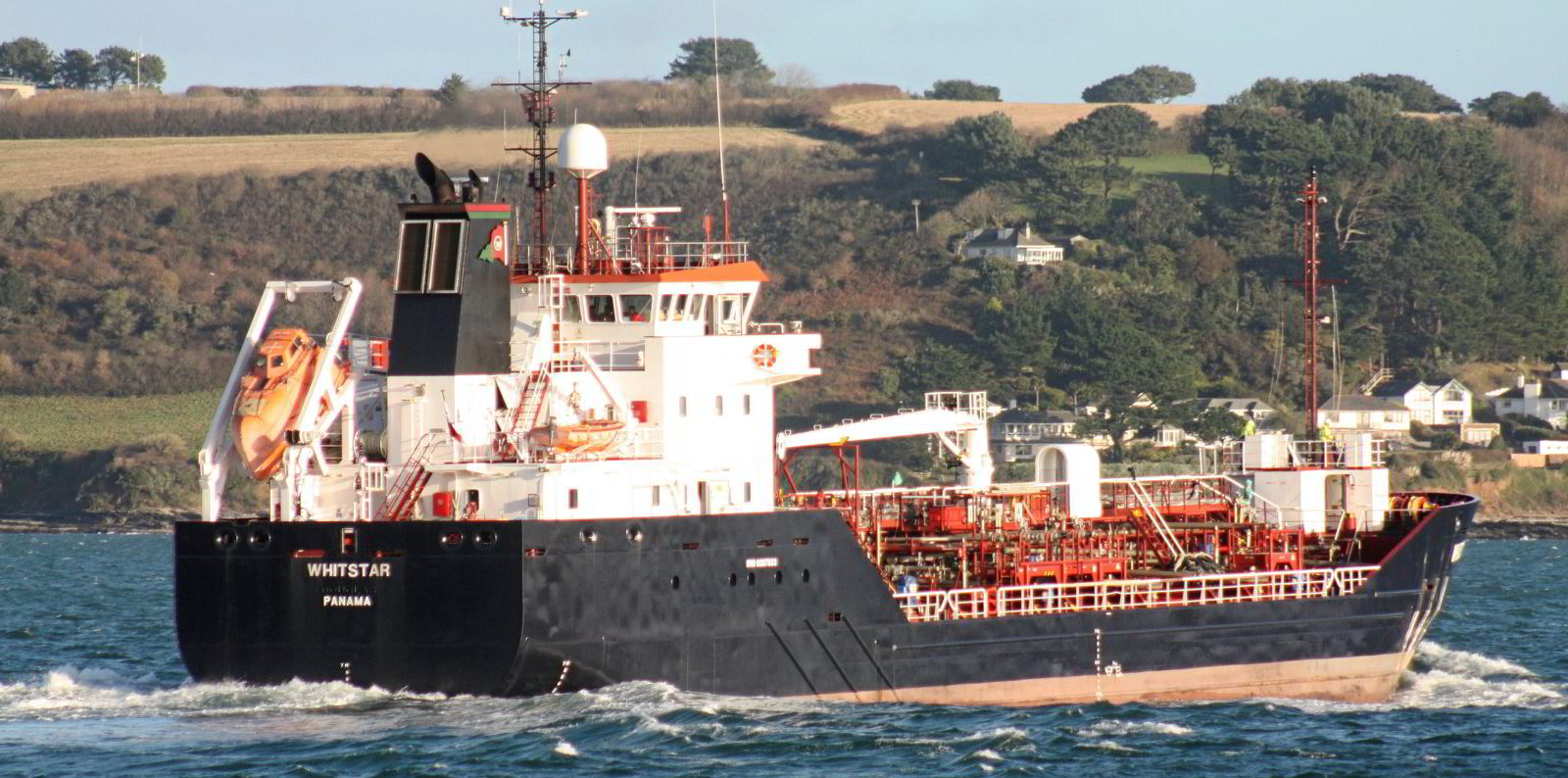
Spliethoff eventually acquired many of the ships in the HHL fleet, including the Parkgracht. Under the name HHL Rio de Janeiro, the ship was arrested in Malta in February 2019 by Nord/LB with a $36.6m claim on first and second mortgages. Spliethoff acquired it from the Malta court for €9.3m — then worth $10.35m — in May 2019.
“We made an agreement with the bank, but the bank was not the seller. The court was the seller,” Spliethoff director Frank Nietzman told TradeWinds.
Spliethoff has told the US court that WFS was aware of the Malta proceedings, and had deliberately stayed away from it.
Nietzman said WFS knew the Nord/LB mortgages would wipe out all other claimants.
“They never contacted us,” he said. “They appointed lawyers in Malta but they backed off. Then they arrested the ship in Florida.”
London-based Bathurst referred TradeWinds to the company’s Florida headquarters.
“World Fuel Services does not comment on any ongoing legal proceedings,” said WFS corporate marketing and relations vice president Randy Fairbank.
Meanwhile, court filings show that owners such as Spliethoff have found new ways to navigate the post-OW Bunker world.
“Spliethoff used to be a fairly large customer of WFS, but after OW happened ... became a more direct purchaser of its bunkers,” WFS counsel Ronald Riley told the court in a deposition.
Going direct
“WFS was a trader and not typically a physical [provider], so they started going direct to the physical suppliers so we didn’t have as much business with Spliethoff.”
Nietzman confirmed that Spliethoff prefers to buy its fuel directly in the ports where it calls, instead of working with worldwide traders such as WFS.
“Spliethoff has a fleet of around 100 ships, so we have a worldwide presence and we can deal directly with physical suppliers in most places,” he said.
